There are many instances in life when people decide to leave behind what they have come to know in search of a better life. Often, they return to their old lifestyle, looking for redemption. That’s certainly the case with actor Rick Rossovich, who rose to fame in the 1980s and ’90s in films and on television. He decided to give up the Hollywood lifestyle and move to his wife’s native country, Sweden, after a successful career. However, he decided to return to acting after a seven-year hiatus, in the upcoming comedy-drama Sandbar. Rossovich’s latest character, ex-Marine Ronnie McCubbing, is also looking for a way to redeem himself, as he looks to restore his relationship with his grown son.
Sandbar follows Ronnie as he spends a day with his estranged 22-year-old son. While they try to save their relationship, they embark on a wild ride that will push their bond to the limit. Ronnie’s young girlfriend is also along for the ride, and threatens to stop his plans. Along the way, they also encounter a drug dealer, a dead man and a vicious, violent gang.
Rossovich kindly took the time to speak with us over Skype from his home in Sweden to discuss why he decided Sandbar was the perfect movie to make his acting comeback with. He also spoke about what it was like working with filmmaker Nicholas Bushman, who made his directorial and screenwriting debut with the comedy-drama; what it was like filming on an extremely small budget; and whether he’d be interested in returning to Hollywood in the future.
We Got This Covered: After decidedly leaving Hollywood nearly a decade ago, you returned to acting to play ex-Marine Ronnie McCubbing in the upcoming comedy-drama Sandbar. What was it about the character that convinced you to take on the role?
Rich Rossovich: I think Sandbar might be a good little movie. It’s interesting, and maybe that’s why I decided to do it. It kind of came out of nowhere. I was just back in California, at a friend’s house in Malibu, my real estate agent, actually. The script arrived there.
I was in California for about six weeks, up and down the state. I was waiting for my wife, who’s Swedish, to be sworn in to become a citizen, who had been there for almost 30 years on a green card. We had to wait about six weeks to be sworn in.
So I read the script, and it really caught my imagination. During these six weeks, I was emailing Nicolas Bushman, who I thought was some 40- or 50-year-old man somewhere in Ohio. The last film I made (Artworks) was with a 40- or 50-year old man in Ohio, seven years before. Nic seemed like he was of that era, because he knew so much about film history, and how cinema’s evolved. I didn’t know he was 27-years-old until about three or four months into our relationship.
I finally asked him who he was, and we kept on a path of talking for the next few months. I never thought it would happen, because I was fully engaged here in Scandinavia. I was building an art studio, and he flew over, and spent three days with me. We went over the script over and over, and we talked about it.
Finally, I said, leave me alone, I can’t take it anymore. I was really in a huge construction project. I was converting a grocery store in the middle of Stockholm into an art studio with my wife and grown adult kids. My wife encouraged me to do the movie. She said, this kid caught your imagination, and you need to keep your connection with America and your career as an actor.
I knew it was low budget, but I never knew how low budget until I got there. I never asked. I was just going to go and get into this character, and it just turned out to be a handful of young men, a young actress and a dedicated writer and director and producer.
I think one of the things that did it for me too was that this kid really loved his mother. That really came through on a personal level. I knew that I wouldn’t crack up on this, and have a great time and explore acting again.
WGTC: Speaking of the low budget, Sandbar was shot on a budget of $50,000, which is how Nicholas envisioned it before he began filming. Did having such a small budget place any limitations on what you could shoot?
RR: No, he had his great-grandmother’s house, which we took over as the first set for two-and-a-half weeks. We were where he grew up as a kid.
That set was my mother’s house, which I was staying at, because my mother was away on holiday. It’s a reconnection with my son, who I’m estranged from. My marriage had blown up with his mother. I hadn’t seen him in awhile, and I was obviously on some spin, with substance abuse.
So we were nurtured in that environment. The set was there, we could play with the hand held. We had a little video camera, with a really cool lens. It looks beautiful, and you’d never know. That’s the beauty of where we are in the film world right now.
It’s the technology that has really leveled the playing field. It all comes back to, can you tell a story? Can you find a thread that engages an audience, and makes them feel something and moves them somehow?
I’ve been in some action movies, where you’re just waiting around to see something blow up or flip over. With television, it was the same elements, but on a different scale. That’s why after 25 years, I had enough as an actor, and I just had to be in my garden, because it was more engaging than on a set, waiting to be called. There are not enough great roles for everybody. You either make your own, or get lucky.
WGTC: Speaking of action films, you’ve been in such movies as The Terminator and Top Gun. Do you have a preference of low-budget, independent films or action-based movies?
RR: It’s interesting. I did the first season of the show ER (playing Dr. John ‘Tag’ Taglieri), when it really became this phenomenon. It was wild to watch that happen over 10 or 15 shows, after it started airing, to watch this momentum build. You see on a show like that, the layers of all the powers that be. It’s amazing all the pressure you see on that kind of environment.
It can also be said about something that doesn’t break out and become a huge hit. It might be expected to be special, but it turns out to not be so special. That pressure has a way of stopping something from finding its way or its audience.
The nice thing about a small audience is that expectations are much smaller. It’s nice to have a sound engineer, a boom man, the director on the camera and the actors. We were on the set, and that was it, nothing else. It was fun.
If I had to say what I prefer, I guess I felt that way when I made a movie called The Lords of Discipline (playing Dante ‘Pig’ Pignetti). That was for Paramount, back in 1983. We were a bunch of young guys, breaking into the movies, our first big movie.
We had a great chemistry on the set, and it was a lot of fun. You get that collegial experience that makes you want to pull a movie together, and putting in your best effort. You look forward to going to work every day. I guess I hadn’t had that feeling in a long time, but I had that feeling on Sandbar.
WGTC: After appearing in such more well-known movies as The Terminator and Top Gun, did you feel any pressure to continuously appear in these types of movies?
RR: No, never in my career. I did films the first 10 years of my career, then I went into television for a dozen or so years. I went back and did a few smaller movies. That was 25-years. I’ve had a really great marriage and kids. I’ve saved my money and invested.
I can do what I want. I guess that’s a blessing and a curse. It takes away some of your drive to go out and be a workaholic. I found that being on the set wasn’t where I wanted to be. I found it was just a lot of waiting around. Sometimes you feel your life is on hold. You wonder what it’s all about, is it just the end result?
You take a show like Pacific Blue, which I did like 60 episodes. I guess it kind of paved me into my old age. (laughs) But it doesn’t really do much for your soul.
WGTC: Do you have a preference of appearing on television over films, or vice versa, or do you just enjoy acting in general?
RR: I think there’s probably less pressure on a film, in the sense that you have more time to focus, and do less pages per day. It’s kind of a different vibe, and the director has more power. So I probably prefer that.
Television, you have seven or eight days, sometimes less, like five, to get it in the can. It gets a little intense that way. It goes on for six months, and at the end of that, you’ve had it. (laughs)
WGTC: What was it like working with Nicholas on Sandbar, as he was a first-time director? Did you get along with him on set?
RR: Yeah, it’s great. The nice thing was that he was young. He really had a context going back, knowing the history of film. I could really relate to him, on that level. I could help him see, coming from my background and doing it for so long, it was a chance to let me help him. I could get him through times where he might need a better idea. We collaborated, worked together. We both took something good away from that.
WGTC: Nicholas also wrote the screenplay for Sandbar. Do you find it easier to work with a director who also wrote the script?
RR: Well, I’ve done it a few times. As long as they’re not so tied to it, so that when a more interesting moment happens, they won’t stop it. Take Steve Martin, for example, he wrote Roxanne, and adapted it from Cyrano de Bergerac. What a great script, and what a great guy, what a generous man to let me work with him.
I was having a hard time getting to a point where I wanted to be, and we worked within parameters to get myself there. He let me add a little bit of my own sense of humor, and that was great.
Nic was certainly open to improvising once in awhile, find something organically and let it happen. When a director has written his material, it’s so tied to something in his head, it expands on something. I think it works for everybody that way.
WGTC: Speaking of Steve and Roxanne, what was it like working on that film?
RR: I loved it, loved working with him. Like I said, he’s just a generous guy. Everyday was just working with a master. He’s the Buster Keaton of our time. I really enjoyed it. The director was great too, Fred Schepisi. That was really an enjoyable experience.
WGTC: What was your experience like on Top Gun, as that is one of your more well-known roles?
RR: That was about 25 years ago. It was a lot of fun, a lot of great young guys. I became buddies with them at the time, and for many years after, before everyone starts to go their own way in life. You get a camaraderie going when there’s a bunch of young men. Those were great memories.
I got to fly the jet, and be a soldier again. I got to do that with Navy Seals, too, and that was a different experience. Top Gun was probably more fun. With Navy Seals, I already had a young son by then, and I was maturing. The director wasn’t as gifted, and it kind of brought down that studio, Tri-Star.
Top Gun was a high-water mark for me, we had a lot of fun. They sent me a copy of the Blu-ray disc, and there was a lot of commentary and pictures I sent them. I was kind of the oldest guy, I was a few years older than everybody. I kind of became a mentor to some of the younger guys.
WGTC: With the release of Sandbar, would you be interested in returning to Hollywood and appearing in more films?
RR: I actually haven’t been back to California for two years now. It’s the longest I’ve ever been away. The nice thing about my acting career was that I got to travel so much. I got to go to India, Egypt, South America, Europe several times, Canada and Mexico a bunch of times. I got to see so much, and enjoyed it.
Then I took about 10 years where I just kind of stayed in the Los Angeles area, in Ojai, near Santa Barbara, and I did studio work. I did television shows. Then I fell away from that, because I didn’t want to make the drive anymore and sit on a set, I got tired of it. I wasn’t motivated to make a four or five-hour round-trip drive and get rejected.
I think if I did come back, I would probably take a place in L.A. part-time, and try to resurrect something. I’d probably try to make my own movies. I think that’s possible now, since I have a son, Roy, who’s making films here in Sweden. There are guys like Nic Bushman, reaching out and saying, why don’t you do this one? If someone else reaches out and says let’s do something, I’ll be there.
That concludes our interview, but we’d like to thank Rick Rossovich for taking the time to speak with us. Make sure to check out Sandbar when it’s released later this year.

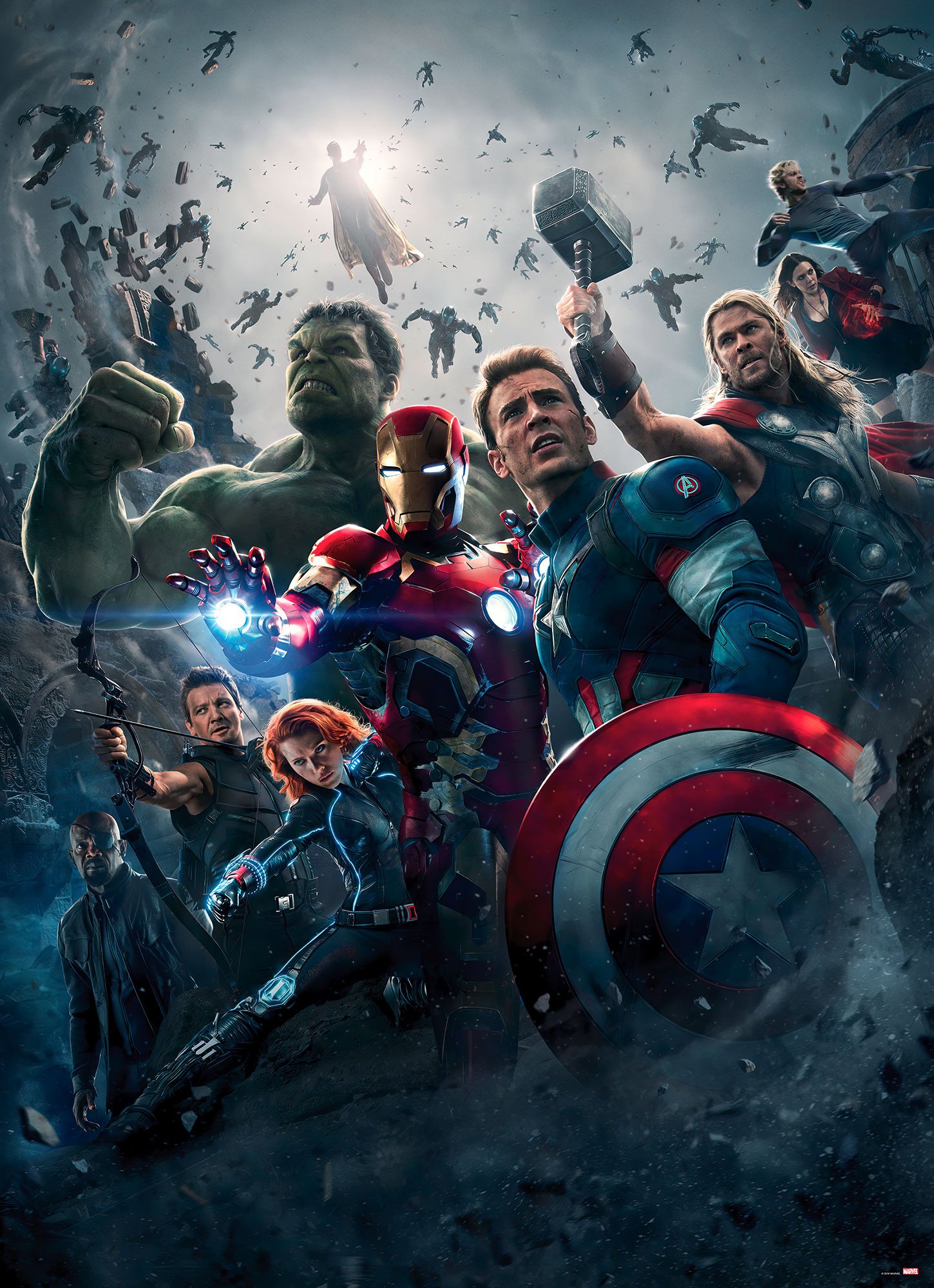


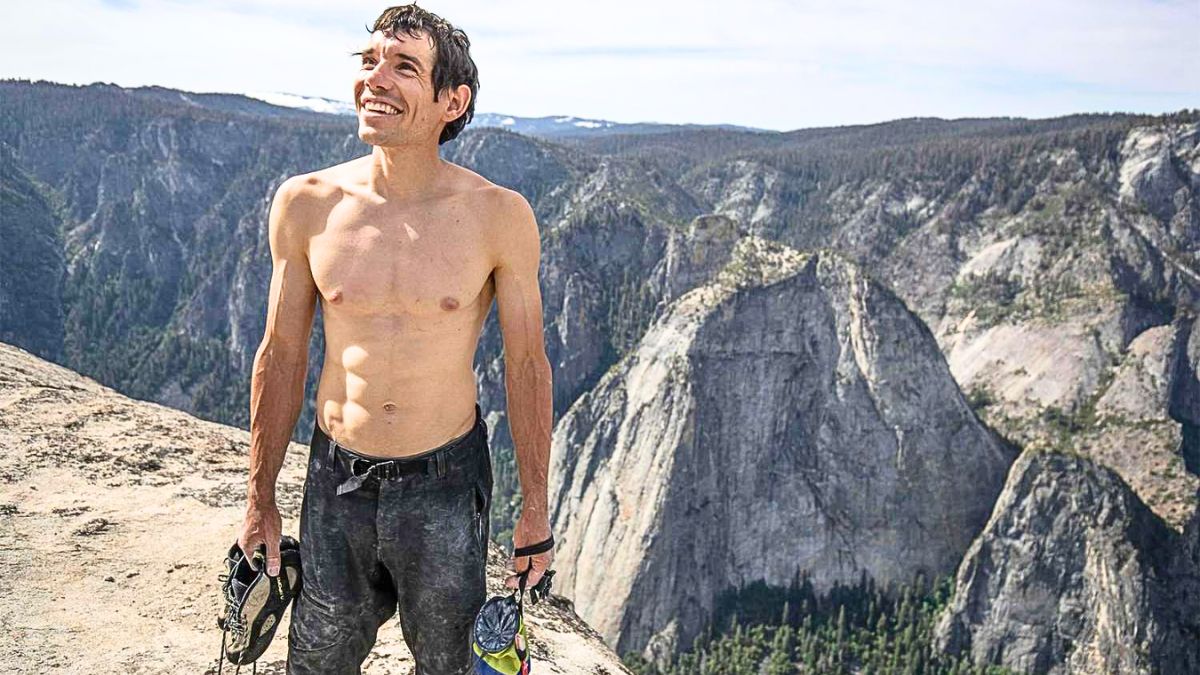
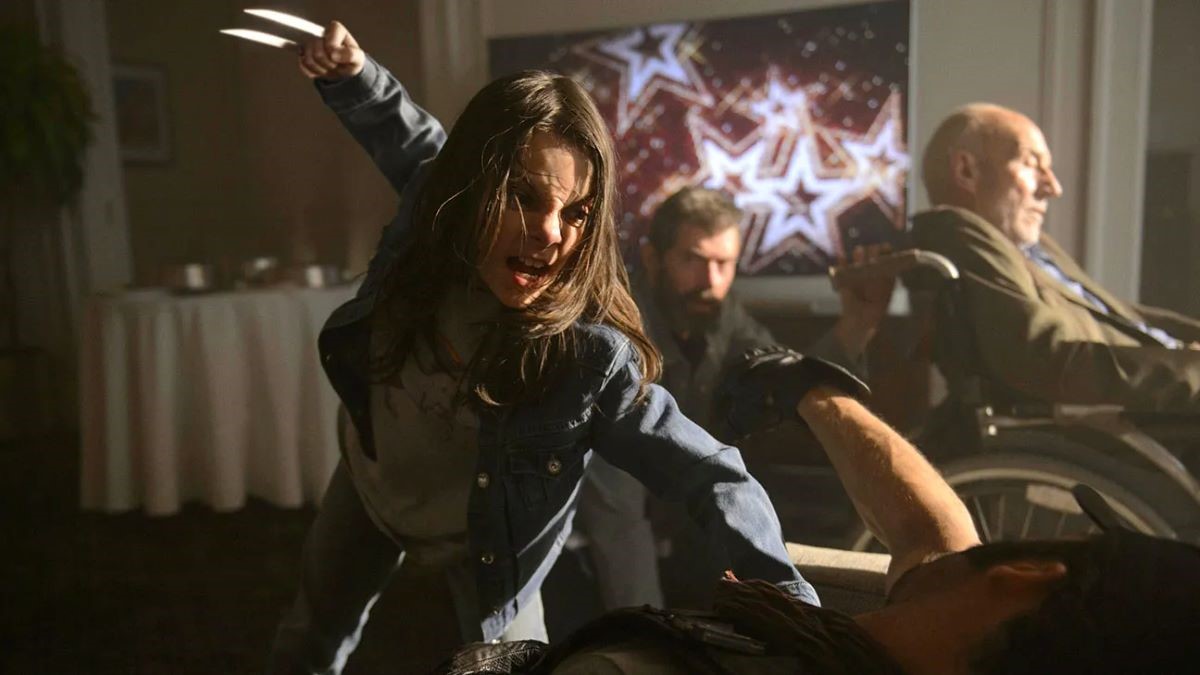
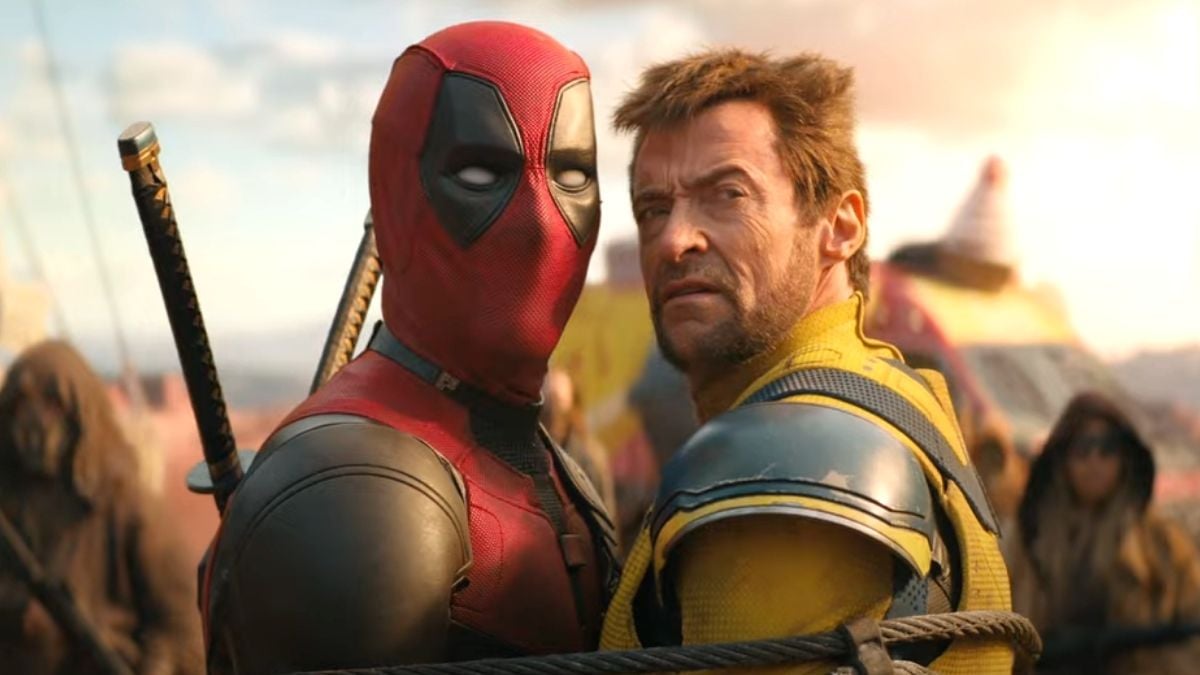
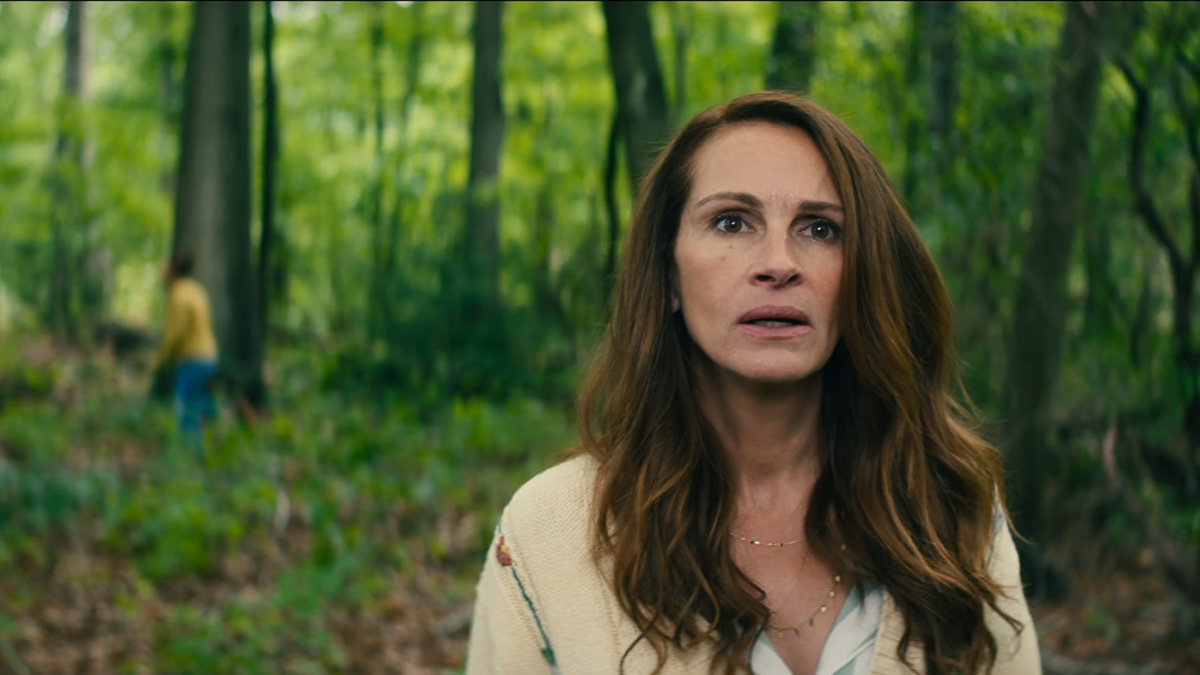
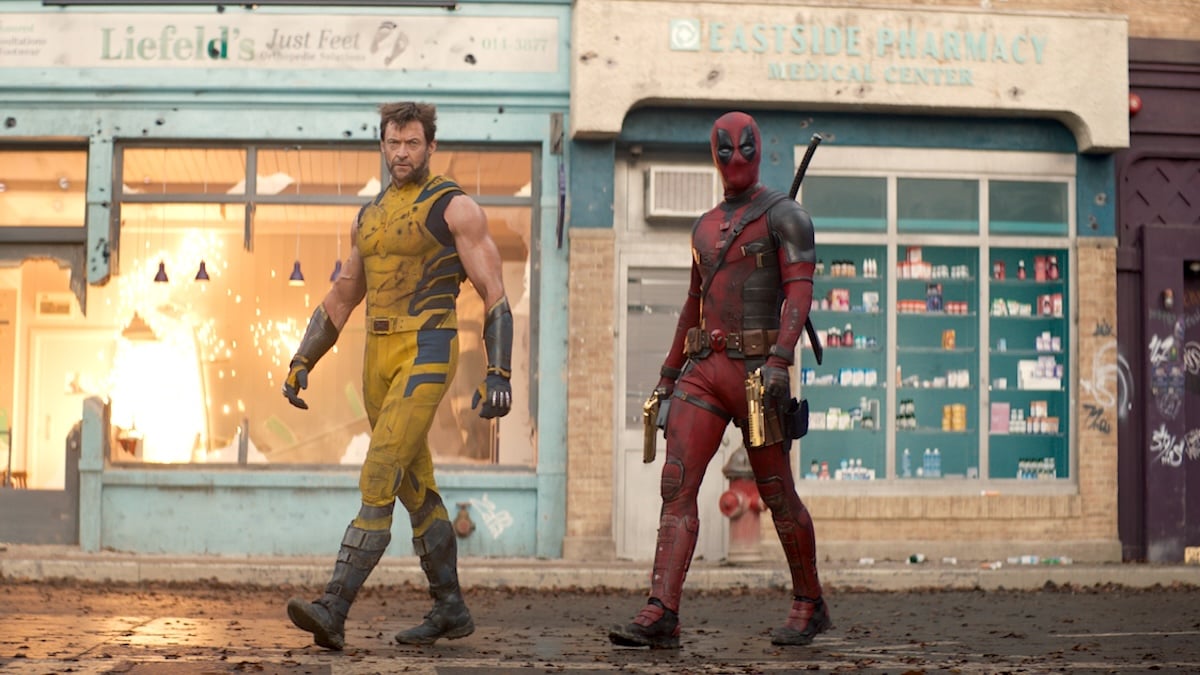
Published: Mar 11, 2012 10:50 pm